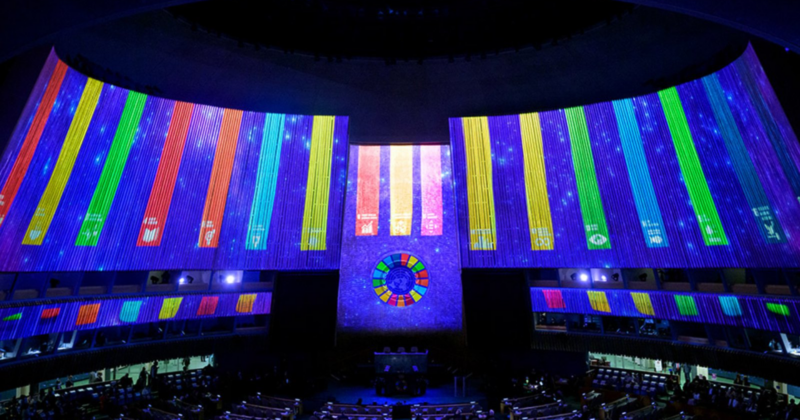The upcoming 79th U.N. General Assembly in New York has drawn criticism from critics who believe that the proposed Pact for the Future will lead to global digital ID and online censorship, as well as granting unprecedented emergency powers to the U.N. secretary-general.
The pact includes 11 policy proposals, such as the establishment of a U.N. Emergency Platform and Global Digital Compact, and policies on Information Integrity and Transforming Education.
Critics argue that these proposals threaten personal and health freedom, grant the U.N. excessive powers, and may result in an internationally binding treaty. Some experts have also raised concerns about the lack of transparency surrounding the process leading up to the Summit of the Future.
Critics have connected the U.N.’s proposals to the agendas of other international organizations, such as the World Economic Forum, and believe that they are attempting to turn the WEF agenda into international and domestic law.
The proposed Global Digital Compact calls for digital IDs, vaccine passports, and measures to address disinformation. Critics warn that digital ID could lead to global vaccine passports that infringe on individual rights.
Overall, critics argue that the U.N.’s proposals threaten national sovereignty and aim to establish a global socialist world system.

